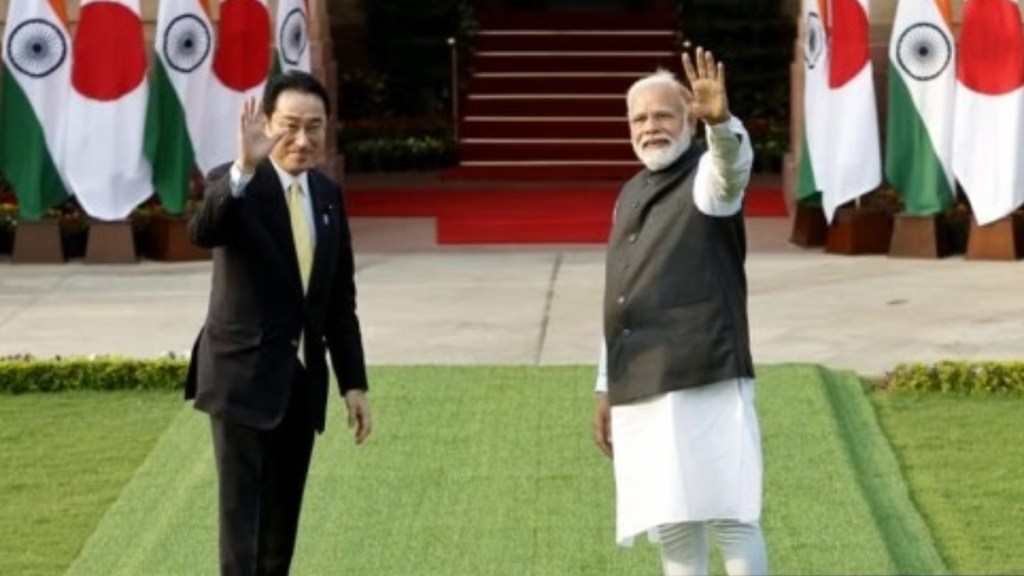With the Quad Leaders’ Summit unlikely to take place before November due to the upcoming U.S. elections, attention has shifted to formulating a work programme that promises deliverables in areas ranging from maritime security to infrastructure. Later this month, Minister of External Affairs, S Jaishankar, will visit Japan at the invitation of Japanese Foreign Minister Yoko Kamikawa. During his visit from July 28-30, 2024, Jaishankar will participate in the Quad Foreign Ministers’ meeting in Tokyo on July 29, alongside his counterparts from Australia and the United States.
Key Agenda Points for the Foreign Ministers’ Meeting
The Tokyo meeting aims to build upon discussions from the previous meeting in New York in September 2023. The ministers will exchange views on developments in the Indo-Pacific region and review progress on various Quad initiatives and working groups. According to an official statement from India’s Ministry of External Affairs, the ministers will discuss regional and international issues, providing guidance for future collaboration to realize the shared vision of a free and open Indo-Pacific region. This vision includes addressing contemporary priorities through the delivery of public goods.
Delay of the Quad Leaders’ Summit
Initially, the leaders of Quad member states—India, Australia, Japan, and the U.S.—planned to meet in January. However, U.S. President Joe Biden could not accept India’s invitation to be the chief guest at the Republic Day celebrations, causing the plan to fall through. With the U.S. presidential election scheduled for November 5, the earliest window for the Quad Leaders’ Summit is now November. This will be preceded by the Quad Foreign Ministers’ meeting in Japan later this month.
Expected Deliverables at the Summit
One major area of focus for the Quad members is economic security initiatives. This includes critical minerals, resilient supply chains, and infrastructure projects. In the case of critical minerals, the work centers on sourcing rare earths, addressing the needs and vulnerabilities of Quad members. Although the Quad’s agenda aims to foster an inclusive, open, stable, and prosperous Indo-Pacific, much of its efforts counter China in crucial areas such as infrastructure and telecommunications by offering transparent alternatives to countries in the region.
Health Security and Maritime Security Initiatives
Important work is also being done by the health security working group, which evolved from the earlier vaccine working group created during the COVID-19 pandemic. This involves direct contacts between health authorities of the four countries to prepare for future epidemics and medical emergencies.
In the field of maritime security, the Quad members are enhancing the capacity of partners across the Indo-Pacific to maintain maritime security and domain awareness. This effort ensures the region’s waters are used according to international law. The Quad has launched the Indo-Pacific Partnership for Maritime Domain Awareness (IPMDA), which uses commercial satellite data to help partners monitor their waters and counter unregulated fishing and illegal shipping. As part of IPMDA, defence technology company HawkEye 360 was awarded a contract last October to provide satellite data and analytics, ensuring the Indo-Pacific remains open and stable.
Bottomline
As the Quad Foreign Ministers meet in Tokyo, they will set the stage for the postponed Quad Leaders’ Summit. With significant discussions and initiatives on the agenda, the upcoming summit promises to advance the Quad’s shared vision of a free, open, and secure Indo-Pacific region.

